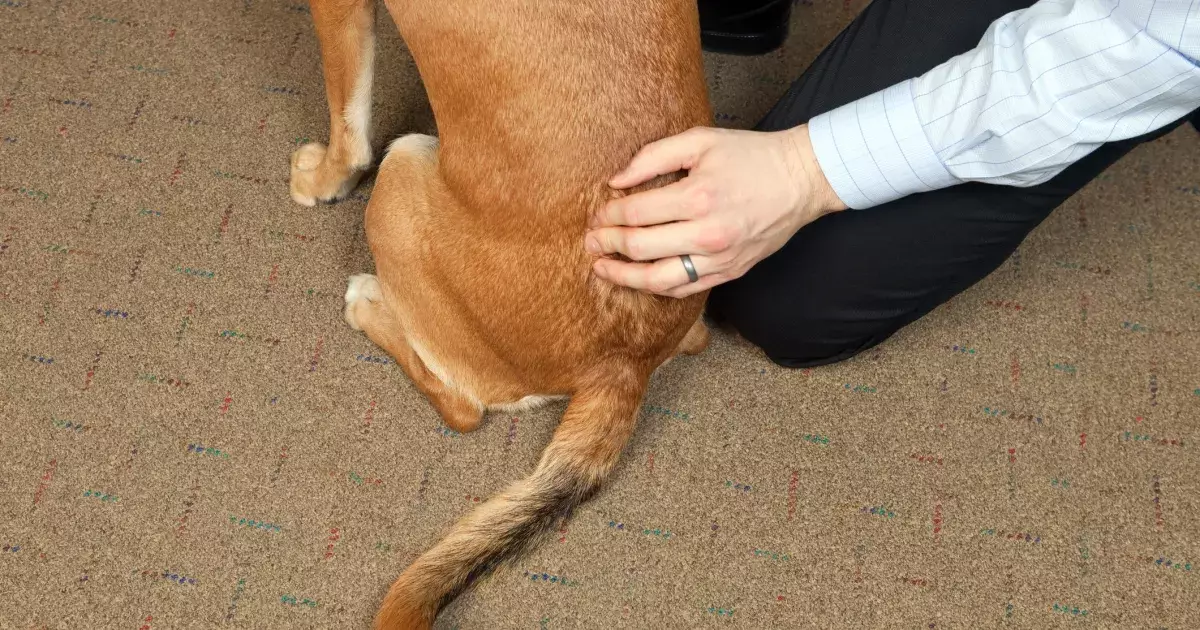In our quest to ensure that our beloved dogs lead long, healthy, and fulfilling lives, we often consider various aspects of their care. While traditional veterinary practices are vital, alternative therapies like chiropractic care have emerged as promising options that can greatly benefit canine health. This article explores the multifaceted advantages of chiropractic care for dogs, the conditions it can alleviate, how to select a qualified practitioner, what to anticipate during appointments, and any potential side effects associated with this treatment.
Chiropractic care focuses on the diagnosis and treatment of mechanical disorders of the musculoskeletal system, emphasizing the spine, joints, and the impact these disorders can have on overall health. In dogs, this treatment can enhance mobility, alleviate pain, and promote general wellness. Dogs of all ages can be potential candidates for chiropractic care, especially those suffering from musculoskeletal conditions.
As dogs age, they often develop arthritis, a degenerative joint disease that can severely impact their quality of life. Chiropractic interventions aim to reduce the discomfort associated with arthritis by improving joint function and increasing the range of motion, allowing dogs to move more freely and comfortably.
Additionally, dogs can suffer from back and neck problems due to various issues, such as herniated discs or injuries. Chiropractic adjustments can realign the spine and relieve pain, thereby improving a dog’s overall health. Moreover, canine athletes and active breeds can also benefit significantly from regular chiropractic adjustments. This proactive approach helps maintain ideal musculoskeletal health, ensuring peak performance and minimizing injury risk.
When seeking chiropractic care, selecting the right practitioner is paramount to ensure safe and effective treatment for your furry friend. A critical first step is to choose a licensed veterinarian with specialized training in animal chiropractic care. Organizations like the American Veterinary Chiropractic Association (AVCA) provide valuable resources, including lists of certified practitioners.
Consider their experience as well. An established chiropractor who has dealt with a variety of canine conditions is often better equipped to handle any unique needs your dog may have. It’s wise to seek referrals from your veterinarian or fellow pet owners who have firsthand experience with chiropractic care. Reading online reviews and testimonials can also provide insights into the chiropractor’s capabilities and approach.
Another significant aspect is the chiropractor’s methodology. Different practitioners may utilize various techniques depending on a dog’s condition and size. Inquiry about the tools and methods used during treatment is crucial to ensure they align with your comfort level.
The Appointment Experience
Your puppy’s first chiropractic appointment typically begins with a thorough assessment of their health, medical history, and specific areas of concern. The chiropractor may perform a physical examination and could potentially utilize diagnostic imaging, such as X-rays, to gain deeper insights into the dog’s condition.
During the adjustment phase, the professional will employ gentle manipulations aimed at restoring alignment and functionality. These adjustments can involve specialized tools or simply the chiropractor’s hands, tailored to the dog’s size and health requirements.
Most dogs will require a series of appointments rather than a single session, particularly if they suffer from chronic musculoskeletal issues. Regular visits help maintain optimal health and address any emerging concerns.
Potential Side Effects and Considerations
While canine chiropractic care carries numerous benefits, awareness of potential side effects is essential. Generally, these side effects are mild and temporary, but they can include post-treatment soreness, lethargy, or a possible intensification of symptoms in the days following an adjustment—a phenomenon sometimes referred to as a “healing crisis.”
It is crucial to monitor your dog closely after appointments. If any concerning or prolonged side effects arise, consulting the chiropractor or a veterinarian is advisable. Keeping a communication line open with the practitioner will help ensure your fur baby receives the best possible care.
The Value of Integrative Care
Integrating chiropractic care into your dog’s overall wellness plan can be a transformative approach to enhancing their health. It is essential to consult with your veterinarian before pursuing alternative therapies. By doing so, you can ensure that your dog receives comprehensive care tailored to their unique needs.
Chiropractic care is an excellent option for addressing various musculoskeletal issues in dogs. This approach can complement traditional veterinary treatments while contributing positively to a dog’s quality of life. As pet owners, staying informed about our choices and the potential benefits of alternative therapies can lead to happier, healthier lives for our cherished companions.

